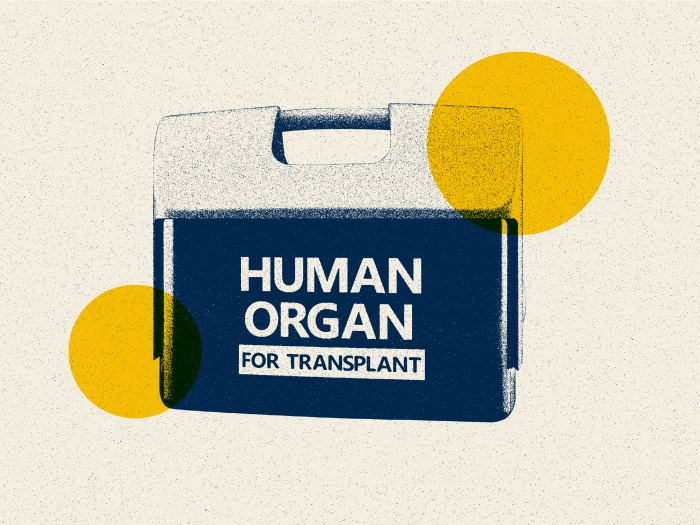Showing 1-15 of 23 results

Health Lab
Having a mental health condition also increases the risk of developing chronic complications of diabetes, according to new research.

Health Lab
People with higher levels of metals found in their blood and urine may be more likely to be diagnosed with — and die from — amyotrophic lateral sclerosis, or ALS, a University of Michigan-led study suggests.

Health Lab
Michigan Medicine research study aims to address inflammation’s role in diseases of the heart and brain.

Health Lab
A research team, led by Michigan Medicine and in partnership with Hurley Medical Center, finds that nearly three-quarters of patients at a clinic in Flint, Mich., a community that is predominantly Black and socioeconomically disadvantaged, had neuropathy — of which 75% was undiagnosed.

Health Lab
Researchers improved memory and reduced neuroinflammation in a mouse model of Alzheimer’s Disease, suggesting another avenue for potential treatment.

Health Lab
A Michigan Medicine study finds that storing chemicals in a garage at home may associate with an increased risk of ALS.

Health Lab
Most people with risk factors for cardiovascular disease – what are sometimes called the Essential Eight – are managed by primary care clinics, or haven’t seen any provider recently

Health Lab
Around 10% of all deaths following percutaneous coronary intervention are potentially preventable, a study led by Michigan Medicine finds.

Health Lab
Sudden cardiac arrest in young athletes: 5 things parents should know

Health Lab
Cardiologist shares how weight loss medications may impact cardiovascular health.

Health Lab
Researchers at Michigan Medicine developed an AI-driven algorithm that accurately predicts death and complications after PCI — which could emerge as a tool for clinicians as they determine treatment for blocked heart arteries.

Health Lab
Little girl adopts dog with same heart condition as her, finding support in her canine friend.

Health Lab
Kyle and Kaylee Berner are enjoying making memories with their baby, Bennett, outside hospital walls. Courtesy of the Berners

Health Lab
Patients who experience this condition following the Fontan continue to have a high risk of death from the time they’re waitlisted for a new heart through receiving the transplant, according to a 20-center study led by Michigan Medicine. And one specific complication called cyanosis – or experiencing less than normal oxygen blood levels – was associated with worsened survival.